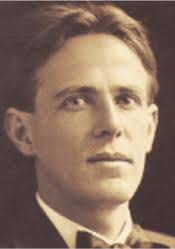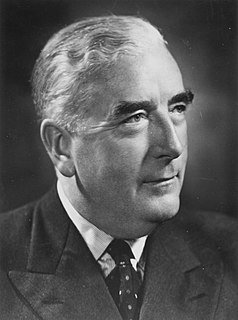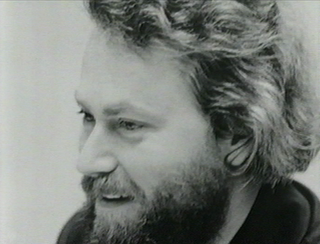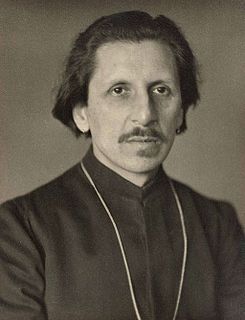A Quote by Vance Palmer
It is the business of thought to define things, to find the boundaries; thought, indeed, is a ceaseless process of definition. It is the business of Art to give things shape. Anyone who takes no delight in the firm outline of an object, or in its essential character, has no artistic sense. He cannot even be nourished by Art. Like Ephraim, he feeds upon the East wind, which has no boundaries.
Related Quotes
To define is to limit, to set boundaries, to compare and to contrast, and for this reason, the universe, the all, seems to defy definition....Just as no one in his senses would look for the morning news in a dictionary, no one should use speaking and thinking to find out what cannot be spoken or thought.
Everything has boundaries. the same holds true with thought. you shouldn't fear boundaries, but you also should not be afraid of destroying them. that's what is most important if you want to be free: respect for and exasperation with boundaries. what's really important in life is always the things that are secondary.
Experiment is necessary in establishing an academy, but certain principles must apply to this business of art as to any other business which affects the artistic tic sense of the community. Great art speaks a language which every intelligent person can understand. The people who call themselves modernists today speak a different language.
Marcel Duchamp, one of this century's pioneers, moved his work through the retinal boundaries which had been established with Impressionism into a field where language, thought and vision act upon one another. There it changed form through a complex interplay of new mental and physical materials, heralding many of the technical, mental and visual details to be found in more recent art... He declared that he wanted to kill art ("for myself") but his persistent attempts to destroy frames of reference altered our thinking, established new units of thought, a "new thought for that object."
Working with family is probably one of the hardest things in business, but it can also be one of the most rewarding. You have to be very, very careful that you don't overstep the boundaries that you wouldn't with anyone else. Sometimes, we think that the unconditional love they have for us makes overstepping boundaries alright. It's really not. You have to work harder to not damage the family dynamic. That lasts forever.
By "essence" I understand a universal, of any degree of complexity and definition, which may be given immediately, whether to sense or to thought.... This object of pure sense or pure thought, with no belief superadded, an object inwardly complete and individual, but without external relations or physical status, is what I call an essence.
If thinking is like perceiving, it must be either a process in which the soul is acted upon by what is capable of being thought, or a process different from but analogous to that. The thinking part of the soul must therefore be, while impassable, capable of receiving the form of an object; that is, must be potentially identical in character with its object without being the object. Mind must be related to what is thinkable, as sense is to what is sensible.
There were two things that became apparent, pretty quickly into the process. One was that the muscles didn't take as much reconditioning as I thought they would. It was more like voice acting than I thought it would be. You're using your whole body and there are things that are different, but when you are doing a character, even in the booth, nobody is watching but my face will do different things when I do different characters.





































